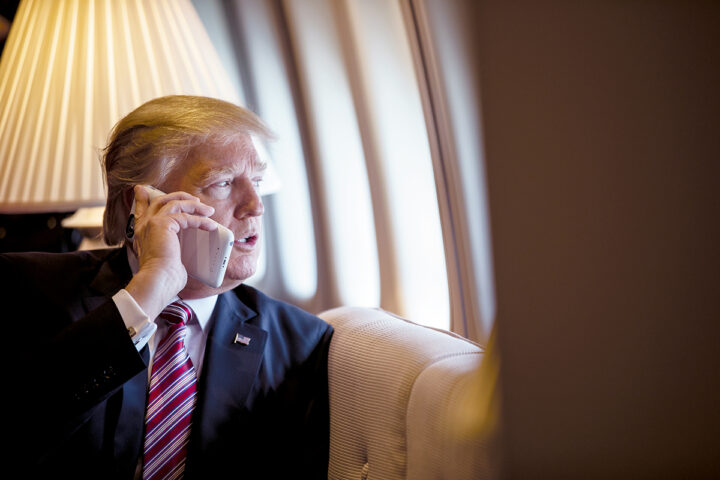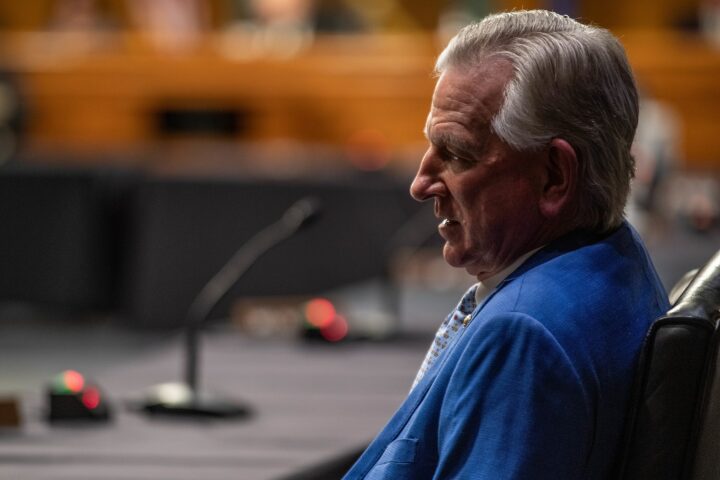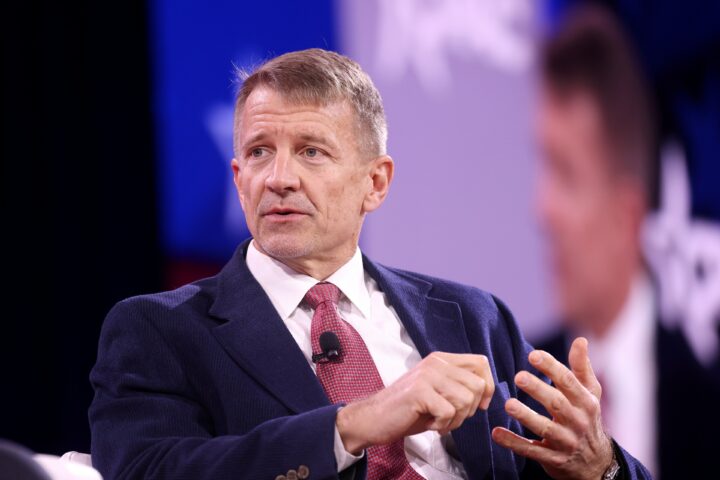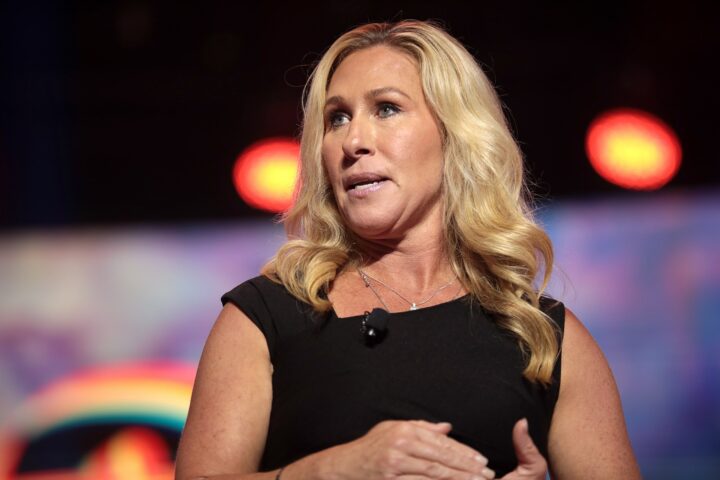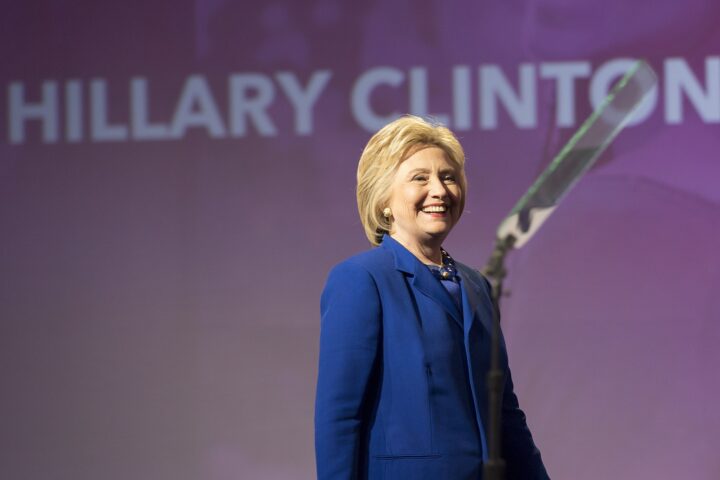In a pointed social media post on Thursday, President Donald Trump reportedly asserted that Los Angeles is currently “safe and sound” following recent protests against Immigration and Customs Enforcement (ICE).
He suggested that California Governor Gavin Newsom should publicly thank him for the calm that has settled over the city after two nights of unrest.
Trump’s comments came via his Truth Social platform, where he highlighted the role of the National Guard and Marines in supporting local law enforcement during the protests.
“Los Angeles was safe and sound for the last two nights,” he declared, attributing this stability to the military’s involvement. “Our great National Guard, with a little help from the Marines, put the L.A. Police in a position to effectively do their job.”
The protests, which erupted in response to ICE operations, had sparked significant unrest in the city, leading to heightened tensions and calls for intervention.
Trump’s post not only praised the military’s efforts but also criticized Newsom’s handling of the situation.
He referred to the governor by the derisive nickname “NewScum,” suggesting that Newsom had lost control of the situation and should be grateful for the federal assistance.
“Governor Gaven NewScum had totally lost control of the situation,” Trump wrote. “He should be saying THANK YOU for saving his ass, instead of trying to justify his mistakes and incompetence!!!”
This rhetoric highlights the ongoing political battle between Trump and Newsom, who have frequently clashed over various issues, including immigration policy and law enforcement.
The president’s comments follow his earlier assertions that “paid insurrectionists” were responsible for the unrest in Los Angeles, framing the protests as part of a broader narrative of chaos and disorder that he believes is exacerbated by Democratic leadership.
As tensions continue to simmer in California, Trump’s assertion of responsibility for the recent calm raises questions about the dynamics of state and federal authority in managing civil unrest.
The involvement of military personnel in domestic law enforcement has sparked debates about the appropriateness of such measures, particularly in a politically charged environment.
The situation in Los Angeles serves as a focal point for broader discussions about immigration enforcement, public safety, and political accountability.
As the city navigates these challenges, the interplay between state and federal responses will likely remain a contentious topic, reflecting the divisions within American politics today.
As the political landscape evolves, the implications of Trump’s comments and the ongoing protests will shape future discourse around law enforcement, immigration policy, and the role of federal intervention in local matters.
The events in Los Angeles are emblematic of the complexities facing leaders on both sides as they grapple with the realities of governance in a divided nation.
[READ MORE: Elon Says He Went Too Far]


